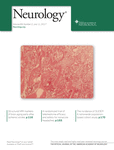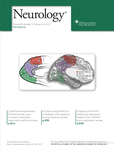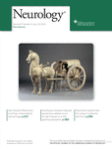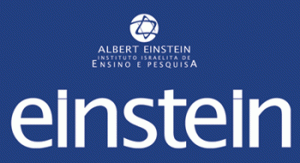 A patient’s “unusual” brain cyst excited several researchers in China so much they published a paper about it in a major journal. Soon a reader identified a glaring mistake: the authors had described the cause of the cyst incorrectly.
A patient’s “unusual” brain cyst excited several researchers in China so much they published a paper about it in a major journal. Soon a reader identified a glaring mistake: the authors had described the cause of the cyst incorrectly.
A month after the paper appeared online in November 2016, the reader — a neurologist — published a letter in the journal, pointing out the incorrect diagnosis. In their response, the authors acknowledged the mistake but said it had occurred not because they had misdiagnosed the patient, but because the diagnosis had been mistranslated from Chinese to English.
The editors of Neurology retracted the paper because of the error and published a new version with the correct diagnosis on the same day, June 6.
Although we did not hear back from the paper’s two corresponding authors—Jun Guo and Guan Sun—the journal published a string of letters that chronicles the case.
Here’s the retraction (and replacement) notice:
Continue reading Lost in translation: Authors blame a language error for wrong diagnosis
 Neurology has partially retracted a 2016 paper, replacing a figure and removing the author who contributed it
Neurology has partially retracted a 2016 paper, replacing a figure and removing the author who contributed it 






